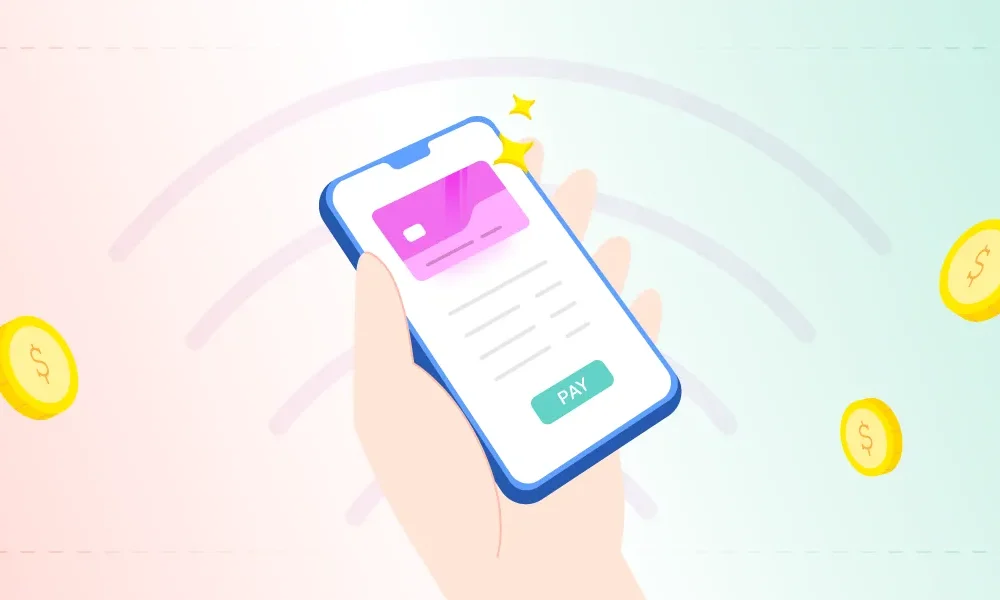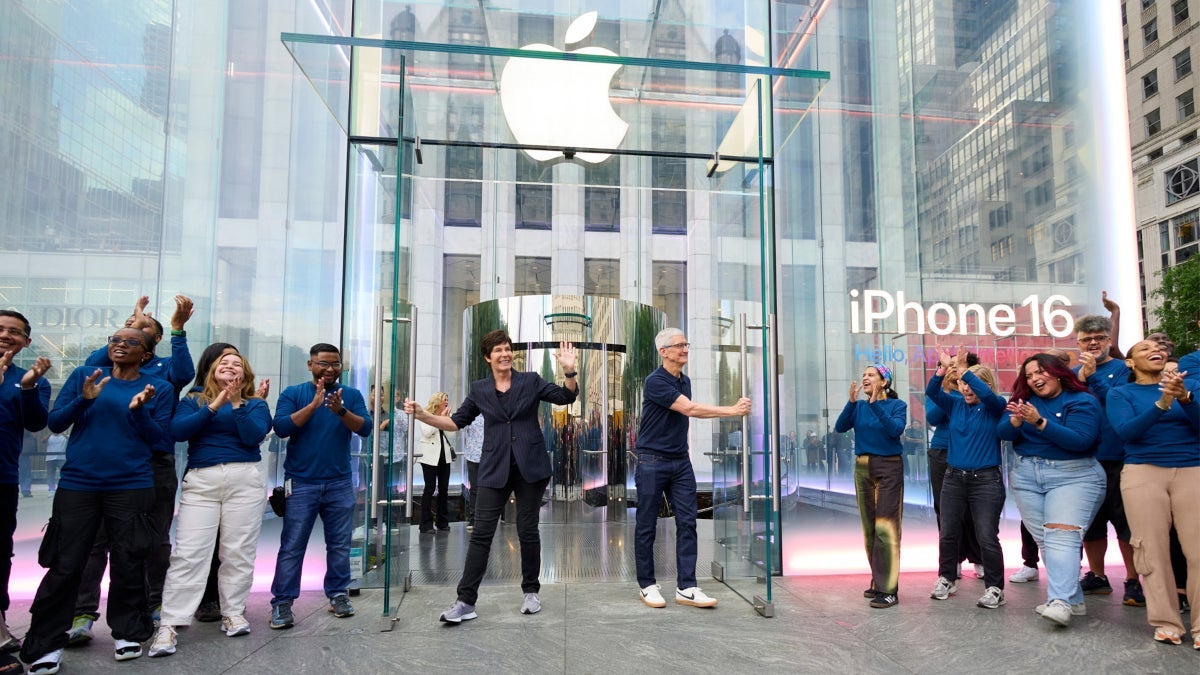Tim Sweeney, Epic’s CEO, said that Fortnite will be returned to the App Store worldwide if Apple allows the judge’s ruling to take effect around the world. Apple, as you might suspect, has not only filed an appeal but also filed an emergency motion asking the federal appeals court to temporarily hold off on making any changes to the App Store’s operations and how it collects payments.
Judge Yvonne Gonzalez Rogers issued a contempt order against Apple for failing to follow the order she made during 2021’s Epic v. Apple case. That order demanded that Apple stop its anti-competitive actions and pricing and allow App Store users to pay using payment options outside the App Store. Last week, the judge said that Apple is purposely flouting her demands.
On Wednesday, Apple told the judge that blocking Apple from charging commission on purchases made outside the App Store “will cost Apple substantial sums annually.” Additionally, the tech giant said that restrictions against it are based on conduct that has not been found to be unlawful. The company also said, “A federal court cannot force Apple to permanently give away free access to its products and services, including intellectual property.”
Epic, on the other hand, said that since Judge Yvonne Gonzalez Rogers issued her contempt ruling, “Apple has faced a surge of genuine competition as developers have updated their apps with better payment methods, better deals, and better consumer choice.”
Earlier this month, Apple announced that it will allow developers to add links to apps that take consumers outside the App Store to make payments allowing them to skip Apple’s payment system thus avoiding the Apple Tax. This is exactly what Judge Gonzalez Rogers wanted with her initial ruling in September 2021. Apple subsequently allowed developers to include a link that would send users out of the App Store to make payments but it still charged developers a 27% commission on those payments.
Apple also warned users leaving the App Store that once these users were sent to the web, Apple was no longer responsible for the user’s privacy or security. This was considered a tactic by Apple to scare users away from using payment options outside of the App Store.








